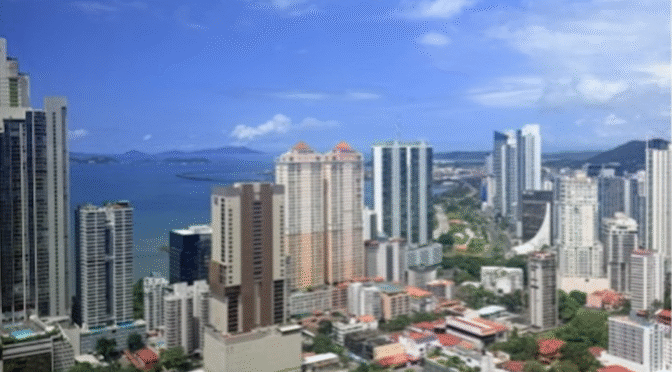By Leah Tharakan, Undergraduate student in UT’s Government Department, Sociology Department, and Economics Department
Just weeks before International IDEA marked its 30th anniversary, I walked into its Latin America and Caribbean Regional Office in Panama City’s Financial District—an office tucked above a busy thoroughfare of honking taxis and fondas, where regional democracy is studied in quiet persistence. It’s here, in the hushed office above the commotion, that I joined the Latin America and Caribbean team of International IDEA as an Embedded Scholar. I hadn’t arrived in the middle of a national election or political upheaval. Instead, my arrival came during a slower season, one marked by IDEA’s 30th anniversary and a moment to take stock of what three decades of democracy assistance has built.
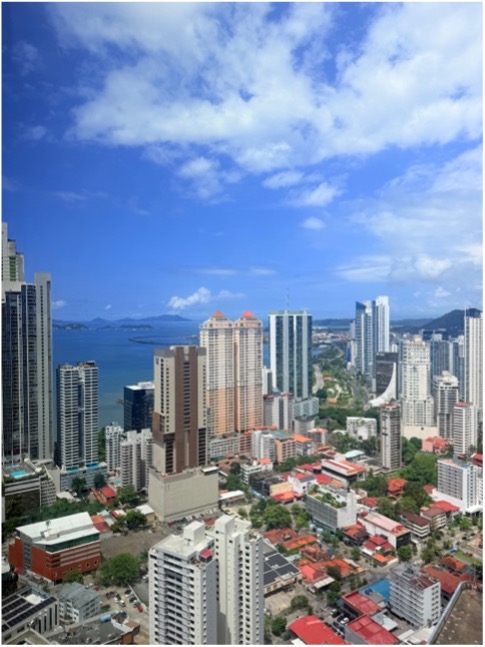
My first assignment centered on this milestone: helping prepare briefing materials for IDEA’s global gathering at his international headquarters in Stockholm. This global event gathered stakeholders and regional directors from around the world to reflect on three decades of democracy assistance. I prepared briefing notes for the Latin America Regional Director’s travels to Sweden, curating essential background information and policy priorities specific to Latin America’s democratic landscape. This work gave me an early window into the real-time challenges facing the region, including threats to electoral integrity, gender disparities, and the erosion of democratic norms. The research took me deep into country case studies, legal frameworks, and institutional strategies—and for the first time, I saw how policy memos and planning documents could shape global conversations at the highest levels.
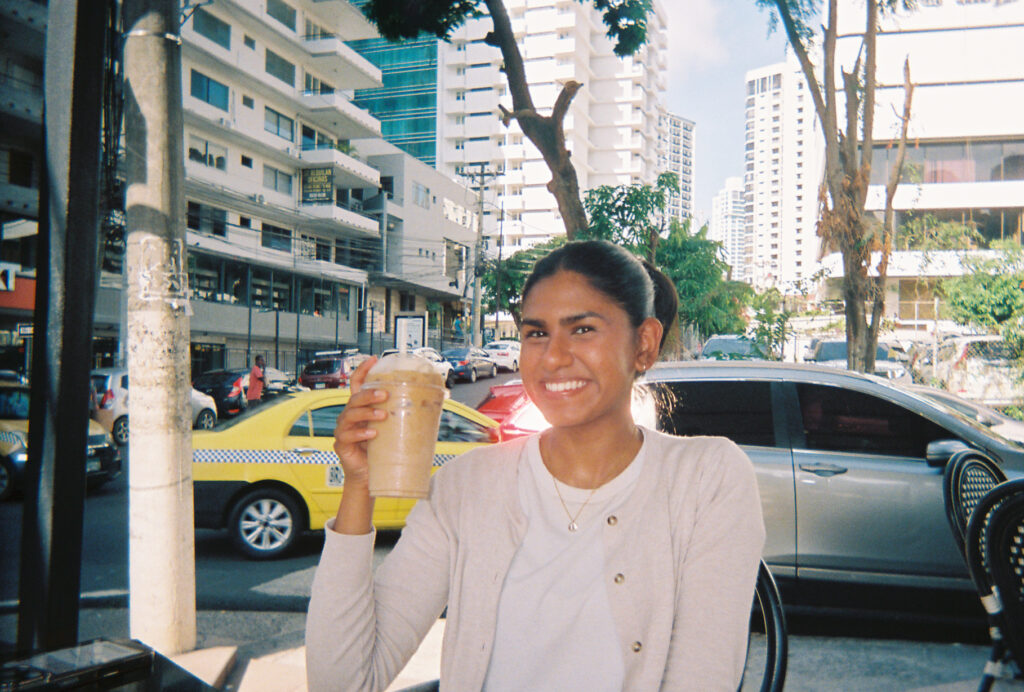
One of the most meaningful projects I worked on was a concept note on gender violence in the digital sphere and its implications for women’s political candidacy, with a particular focus on the Iberian Peninsula. I conducted an in-depth literature review on Spain’s digital gender violence trends, exploring how online harassment, cyberstalking, and image-based sexual abuse disproportionately affect women in political spaces. I also engaged in comparative analysis with countries like Italy, France, and Portugal to identify patterns and gaps in regional protections. I was also able to help draft sections of the concept note itself, helping frame potential interventions and capacity-building efforts aimed at safeguarding women’s rights online—a space that is becoming increasingly consequential in modern democracies. This project was especially impactful for me because it illuminated how gender-based violence is evolving alongside technology and artificial intelligence, creating new challenges for democratic participation.
Another key initiative I contributed to focused on female political leadership in the Southern Cone—a region encompassing Brazil, Chile, and Uruguay. I helped shape a proposal to the Spanish Agency for International Development Cooperation aimed at boosting women’s leadership through training programs, institutional reforms, and support networks. My role centered on developing the results framework and evaluation strategy—ensuring that IDEA’s goals could be clearly measured and meaningfully sustained. I learned quickly that designing international programs is as much about asking the right questions as it is about providing answers. How do you ensure representation is genuine, not just symbolic? What does long-term impact look like beyond the life of a grant? And how do you measure leadership that often happens outside of formal office? These were the kinds of questions our team grappled with—collaboratively, iteratively, and always emphasizing impact.

Outside of the office, Panama taught me as much as the projects themselves. My weeks were shaped by coffee shops, canal locks, rainforest trails, and stories shared across long dinner tables. The other IDEA interns and I quickly found our rhythm: weekends in Casco Viejo, café crawls throughout El Cangrejo and Obarrio, and a meticulous spreadsheet we used to rank everything from espresso flavor to ambiance. Small rituals like these helped build community in our new environment and gave us the space to reflect on the work we were doing in the office.
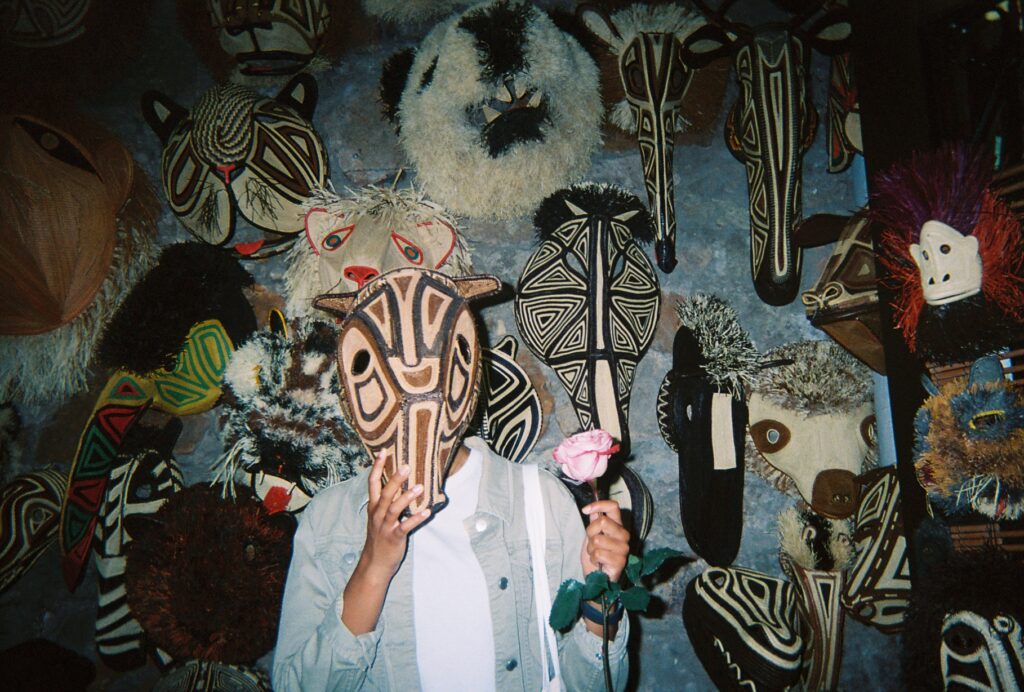
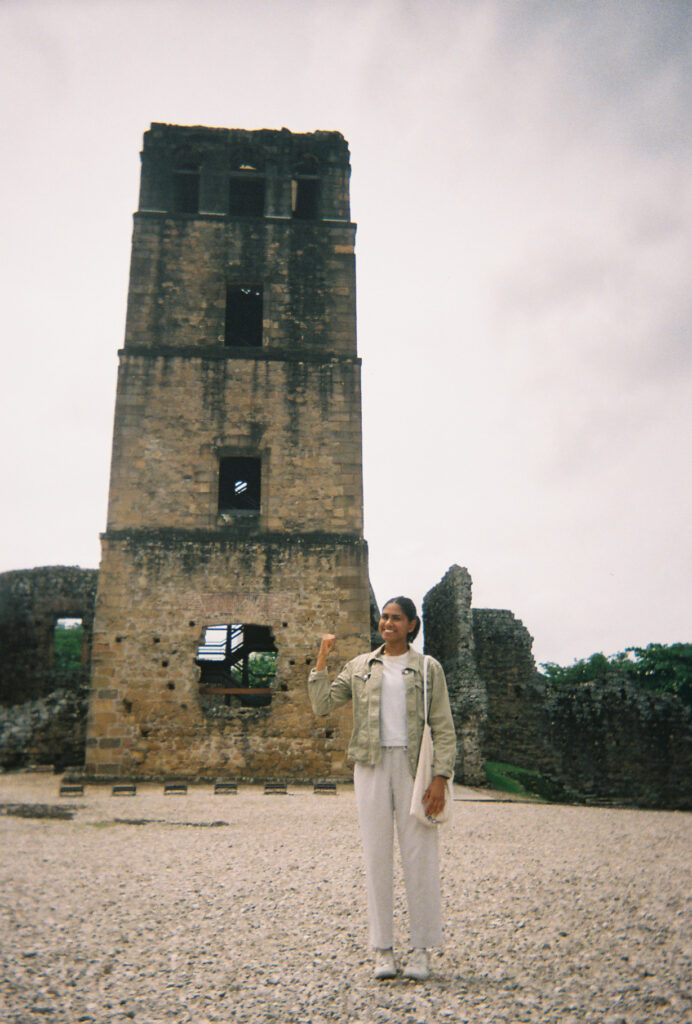
I also immersed myself in Panama City’s fitness scene, which is as vibrant and alive as its streets. I went for post-internship runs through Parque Omar, a sprawling urban park full of shaded trails, mural-lined walls, and weekend Zumba classes set to booming reggaetón. On other days, the interns and I would rent bikes and ride the Cinta Costera all the way to the Amador Causeway.
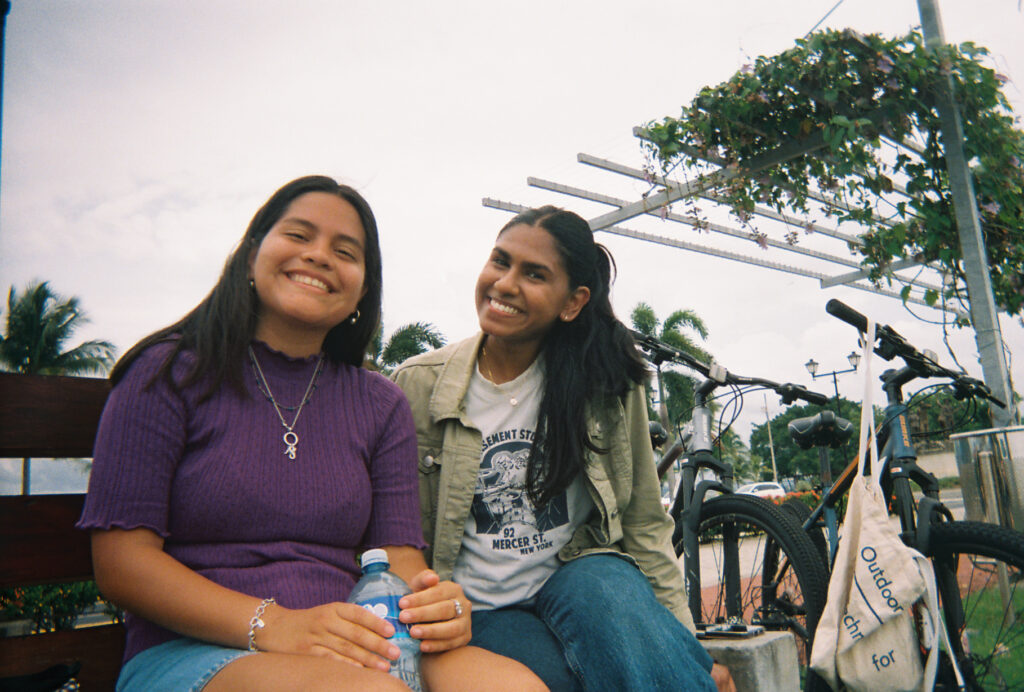
There were group outings too: a speedboat ride across Gatun Lake, feeding monkeys on Monkey Island, visiting the Miraflores Locks at the Panama Canal to see ships passing through, hiking through Metropolitan Natural Park to catch a glimpse of Panama City’s idyllic skyline, visiting the Panama Canal Museum and Mola Museum which deepened my appreciation for Panama’s layered history and the Indigenous artistry of the Guna people, and day trips to Ciudad del Saber (City of Knowledge), a hub for NGOs and international organizations. There, we shared dinner parties and conversations with co-interns and made new friends from all over the map, while simultaneously enjoying time away from the hustle and bustle of the city.
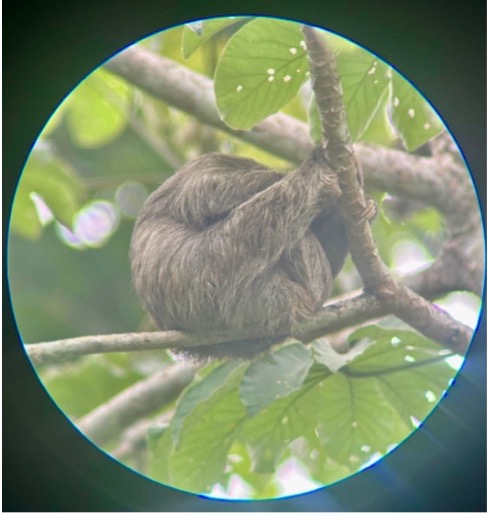
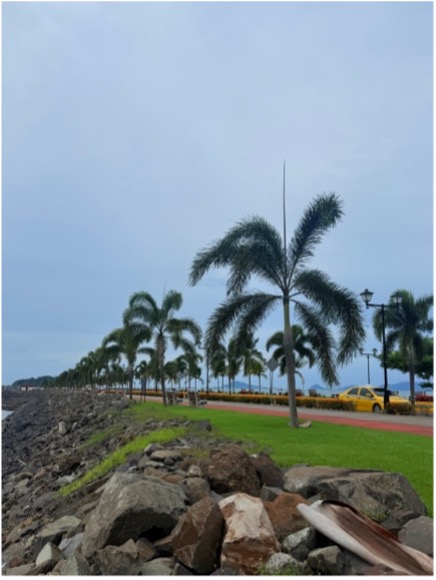
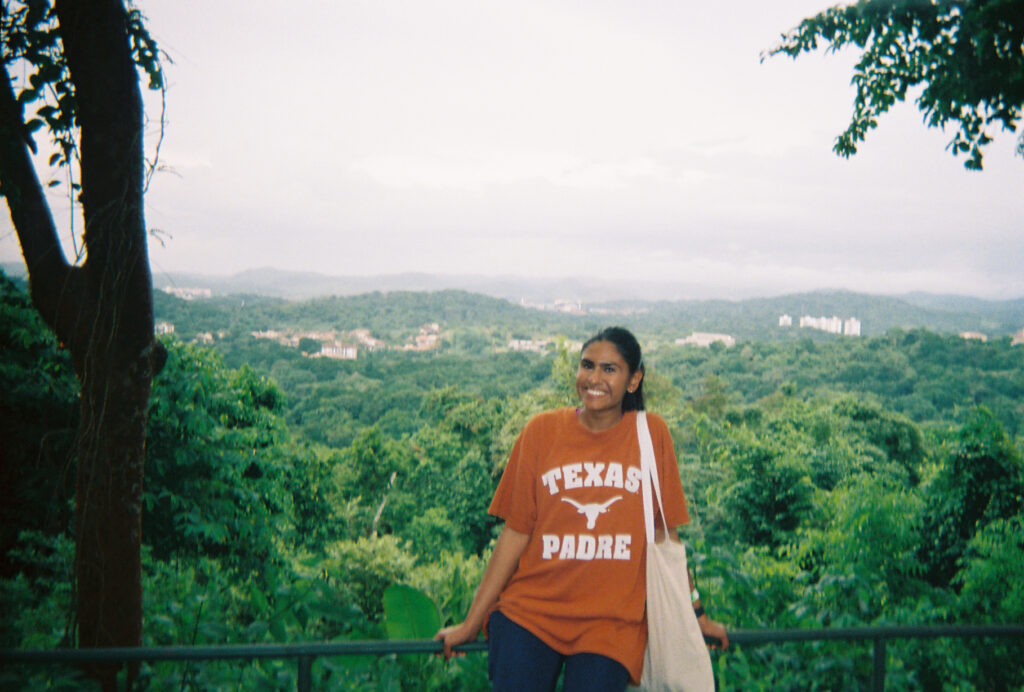
Most of all, I cherished the group dinners with fellow Embedded Scholars, where we shared our project milestones, swapped advice and excursion ideas, and supported each other through the learning curves of working in Panama.
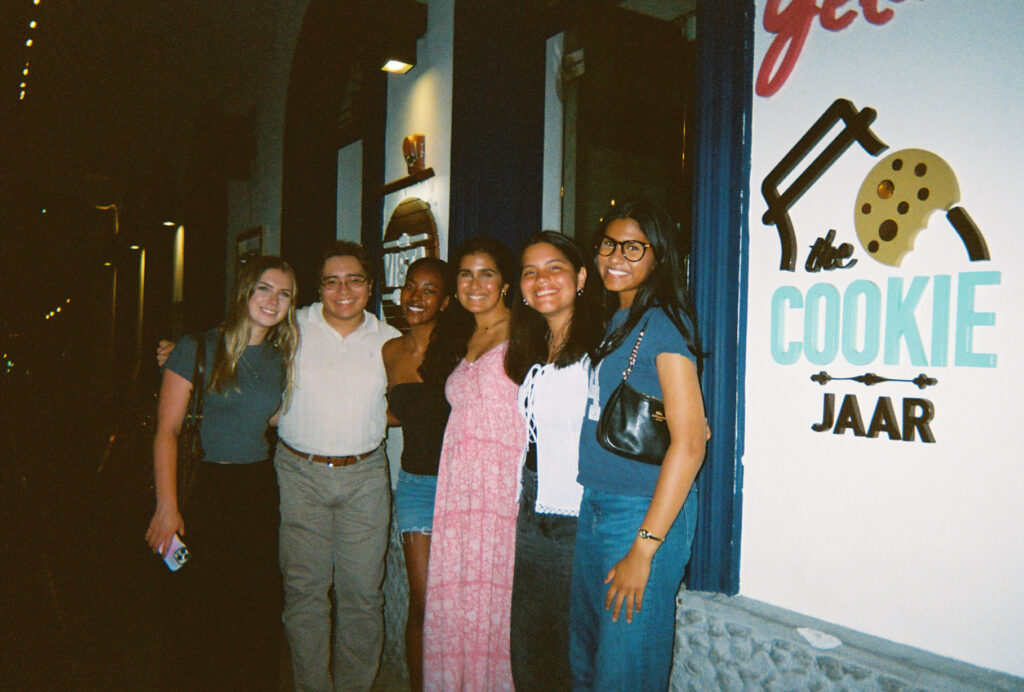
One of the biggest lessons I’ve learned during my time with International IDEA is that democracy assistance rarely looks like breaking news. More often, it’s quiet, technical, and behind-the-scenes. But even in its quietest moments, it’s always human. It’s about creating systems that protect participation, uplift marginalized voices, and respond to evolving forms of exclusion. Whether I was supporting efforts to address digital violence, building networks of gender equity leaders, or contributing to milestone anniversaries that shaped IDEA’s future strategy, I kept returning to the same idea: democracy is only as strong as the people who can safely and meaningfully engage in it.
It’s about the woman who wants to run for office but worries what backlash she’ll face online. The voter who’s become skeptical of political institutions but still shows up. The policymaker looking for data to shape a better system. And the intern, like me, who gets a front-row seat to all the invisible scaffolding that makes participation possible.
As I reflect on my summer in Panama City and with International IDEA, I feel grateful not just for the projects, but for the way this experience deepened my understanding of what it means to build democracy gently and effectively.
